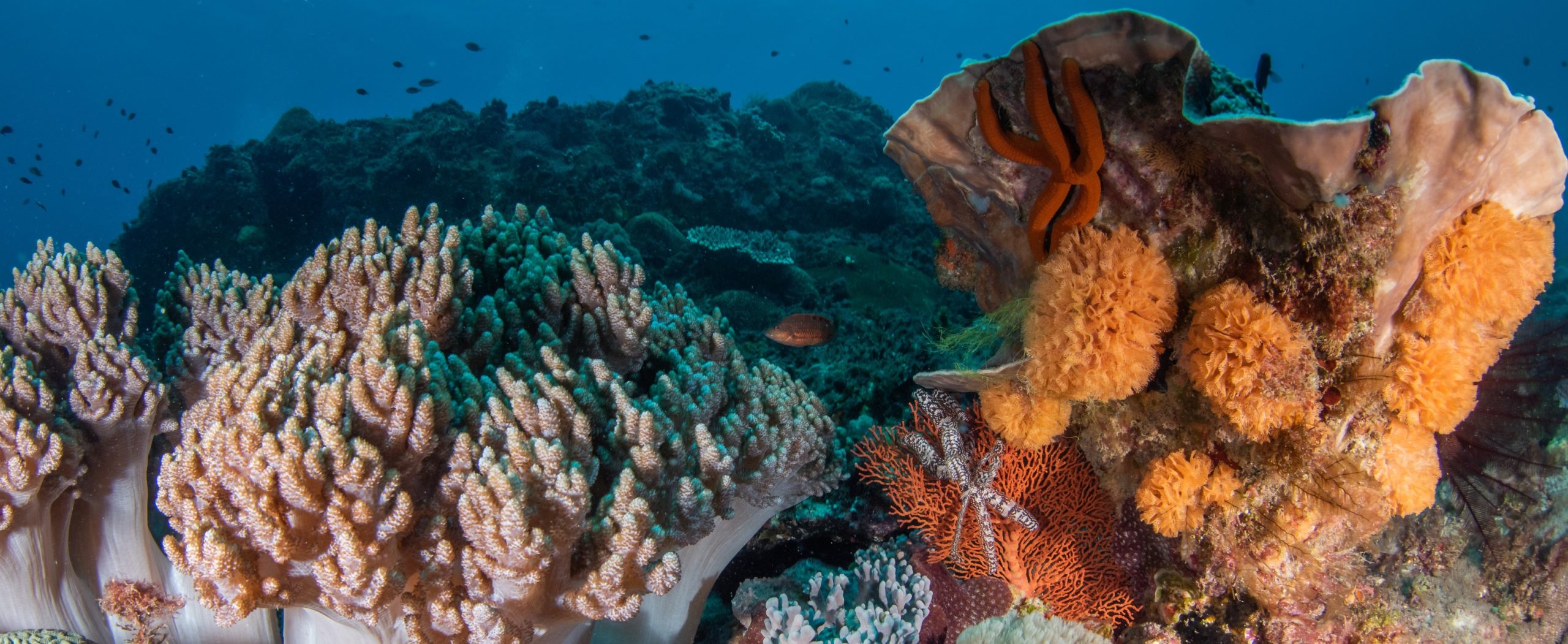Aim
To assess whether observed thermal bounds in species’ latitudinal ranges (i.e., realized thermal niches) can be used to predict patterns of occurrence and abundance changes observed during a marine heatwave, relative to other important life history and functional traits.
Location
Rottnest Island, Western Australia.
Methods
A time series of standardized quantitative surveys of reef fishes spanning 8 years of pronounced ocean temperature change is used to test whether accurate predictions on shifts in species occupancy and abundance are possible using species traits.
Results
Species‐level responses in occurrence and abundance were closely related to the mid‐point of their realized thermal niche, more so than body size, range size or trophic level. Most of the species that disappeared from survey counts during the heatwave were characterized by geographic ranges that did not extend to latitudes with temperatures equivalent to the ocean temperature peak during the heatwave. We thus find support for the hypothesis that current distribution limits are set directly or indirectly by temperature and are highly responsive to ocean temperature variability.
Main conclusions
Our study shows that reef fish community structure can change very quickly when exposed to extreme thermal anomalies, in directions predicted from the realized thermal niche of the species present. Such predictions can thus identify species that will be most responsive to changing ocean climate. Continued warming, coupled with periodic extreme heat events, may lead to the loss of ecosystem services and ecological functions, as mobile species relocate to more hospitable climes, while less mobile species may head towards extinction.
